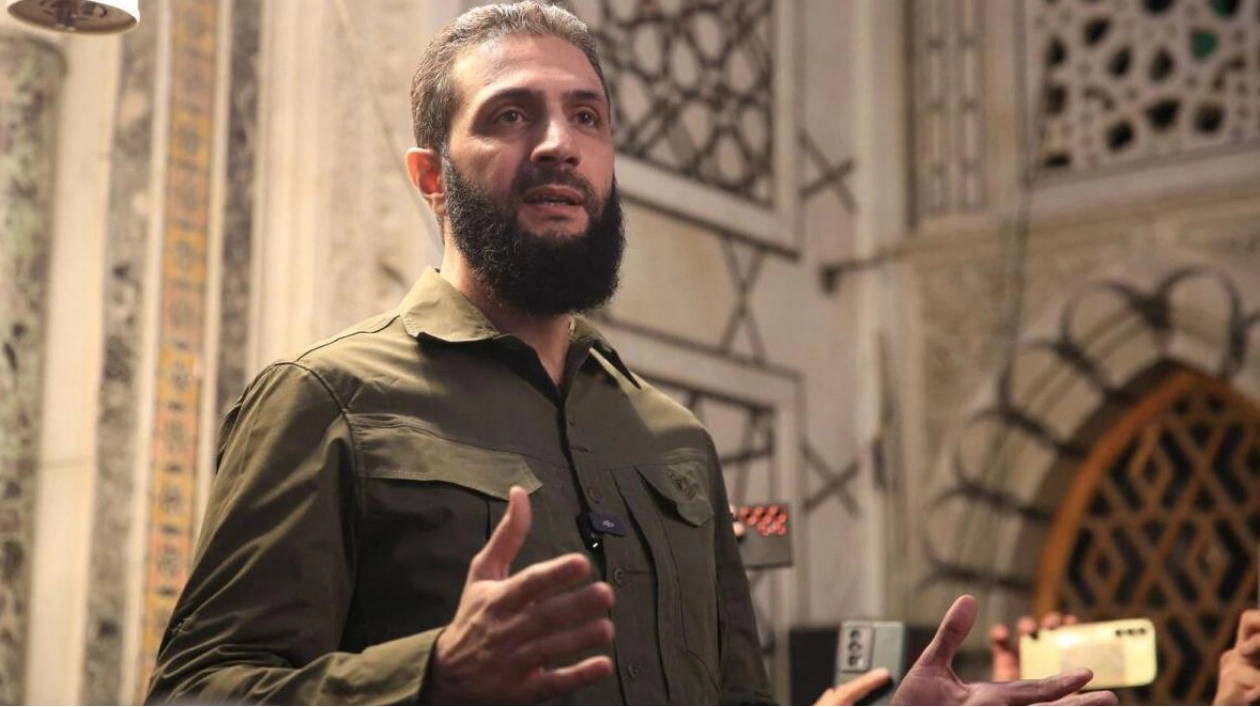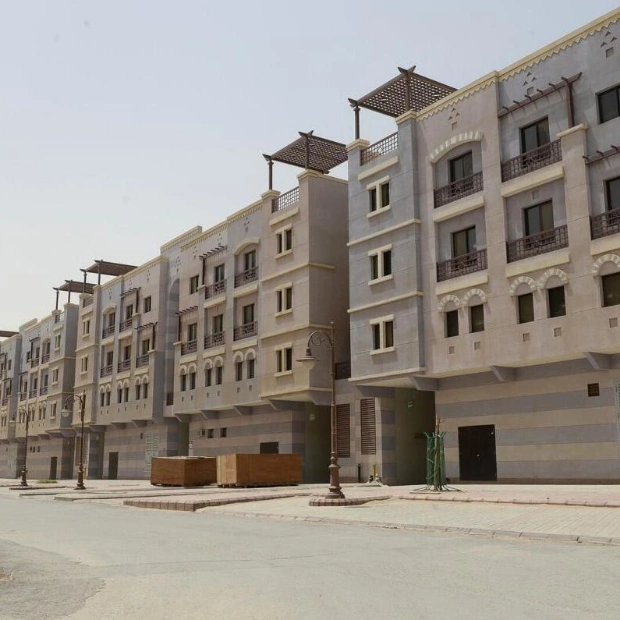The leader of Syria's Islamist group Hayat Tahrir Al Sham (HTS), Abu Mohammed Al Jolani, addressed a crowd at Damascus's Umayyad Mosque on December 8, 2024, following a swift rebel offensive that wrested control of the capital from the government. — AFP
On Tuesday, Syria's Islamist rebel leader vowed to pursue former senior government officials responsible for torture and war crimes, a day after initiating talks on the transfer of power following President Bashar Al Assad's ouster. Assad fled Syria as the Islamist-led opposition alliance seized Damascus, marking the end of his clan's five-decade-long brutal rule. The president had overseen a crackdown on the 2011 democracy movement, igniting a war that claimed 500,000 lives and displaced half the country, with millions seeking refuge abroad.
"We will not hesitate to hold accountable the criminals, murderers, security, and army officers involved in torturing the Syrian people," said rebel leader Abu Mohammed Al Jolani, now using his real name Ahmed Al Sharaa, in a statement on Telegram. "We will offer rewards to anyone who provides information about senior army and security officers involved in war crimes," he added, noting that the incoming authorities would seek the return of officials who have fled abroad. Sharaa held talks with outgoing Prime Minister Mohammed Al Jalali to coordinate a power transfer that ensures the provision of services to Syria's people.
The government's collapse occurred swiftly in a lightning offensive led by Al Sharaa's Islamist group HTS. Even as some Syrians celebrated and others searched for loved ones in Assad's infamous prisons, Israel continued air strikes aimed at dismantling the former government's military capabilities, according to the Britain-based Syrian Observatory for Human Rights. The observatory reported that Israel had destroyed key military sites in Syria with over 250 air strikes in the past 48 hours, targeting weapons depots, naval vessels, and a research center suspected of links to chemical weapons production.
Thousands of Syrians gathered outside Saydnaya prison to search for relatives, many of whom had been detained for years. "I ran like crazy" to get to the prison, said Aida Taha, 65, searching for her brother arrested in 2012. Freed prisoners wandered Damascus, marked by the scars of torture and deprivation. Despite the uncertainty, the joy in Damascus was palpable, with people celebrating the end of Assad's rule.
Syria's parliament, formerly pro-Assad, expressed support for the people's will to build a new Syria governed by law and justice. The Baath party pledged support for a transitional phase aimed at defending the country's unity. Syrian state television's logo now displays the rebel flag. During the November 27 offensive, rebels faced little resistance, freeing thousands from prisons and dismantling Assad's control.
Germany and France expressed readiness to cooperate with Syria's new leadership based on fundamental human rights and minority protection. British Prime Minister Keir Starmer stated that HTS must renounce terrorism before Britain can engage with the group. U.S. Secretary of State Antony Blinken emphasized the importance of preventing Daesh from re-establishing safe havens in Syria. The United Nations called for accountability for the Assad regime, though the specifics of justice for the ousted leader remain unclear.
Source link: https://www.khaleejtimes.com






